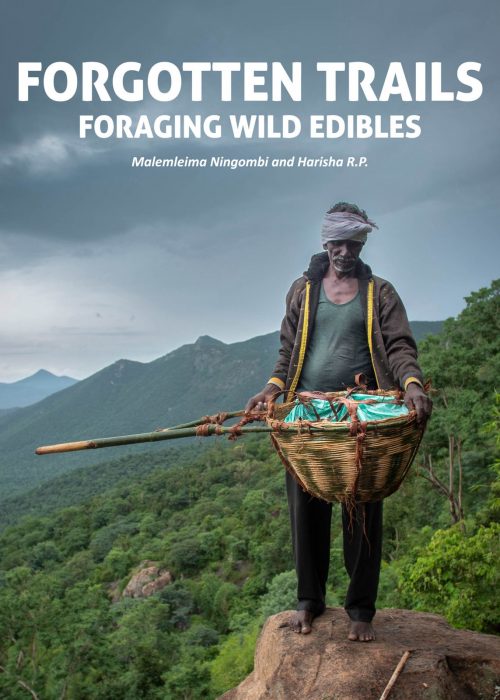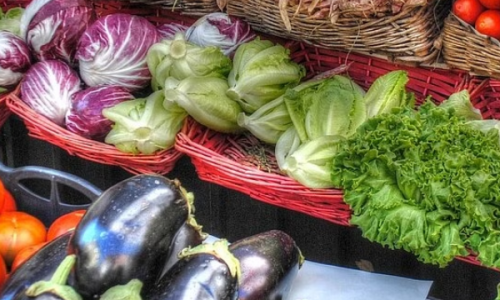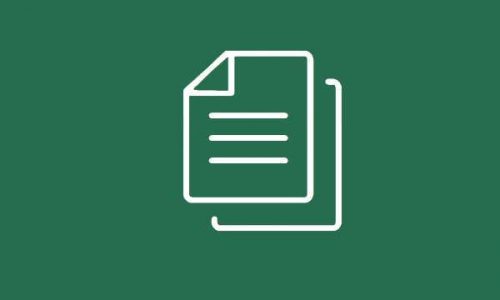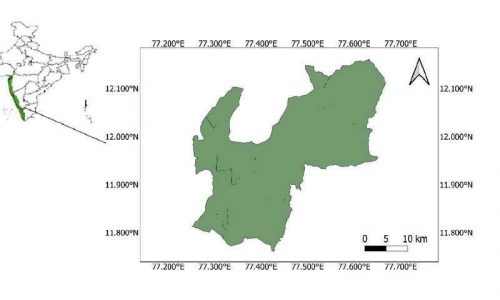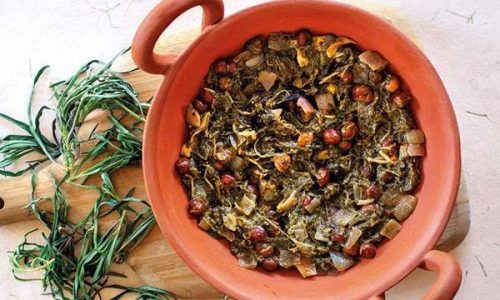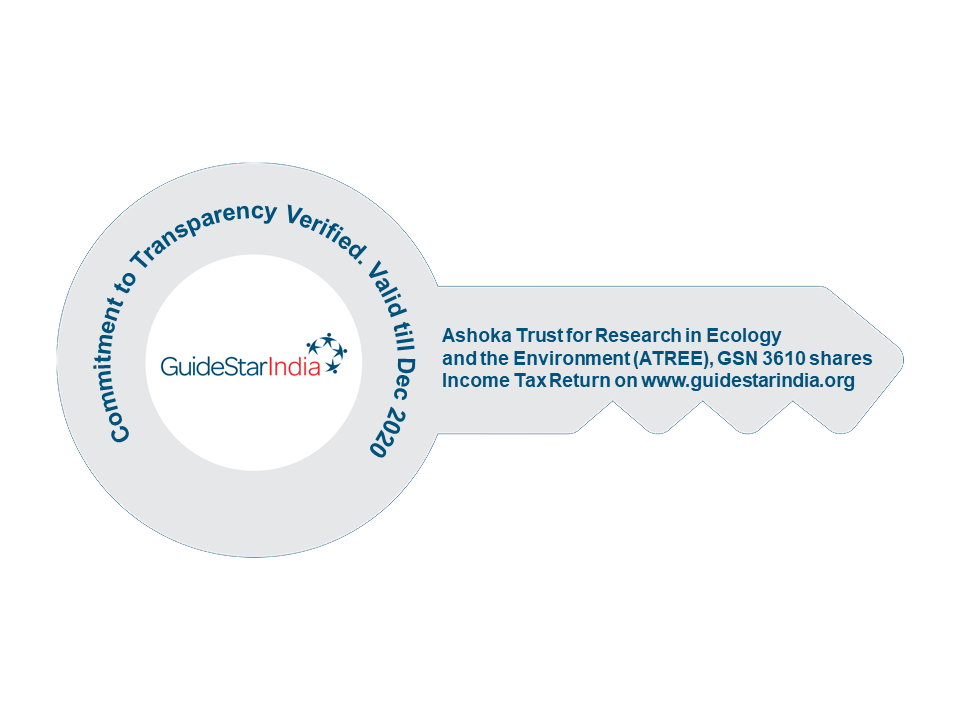Authors : Malemleima Ningombi and Harisha R.P
Over the last several years, through our community-research project, we have had the honour of interacting with the Soligas, an indigenous community residing in the Cauvery River Basin in the southern Western Ghats. Working with them has meant knowing their ways of being. And food has played a crucial role in not only building a relationship with them but also helping us understand the connections between our work and their indigenous traditions. Also found along the Cauvery Basin is another indigenous community called the Yeravas who, like the Soligas, have largely depended on nature for their nourishment. It was only befitting that we showcase their foods to the world outside. These indigenous communities have lived intimately tied to their language, their culture and their land. What they source and consume, in a way, has defined their identity and their relationship with their land. It would not be wrong to see them as the last-remaining people who still mostly follow land-based practices, factoring in the local ecosystem, the fluctuating climate and the changing seasons to eke out a living. Unlike many of us living in urban settings, satisfied with what the market shelves offer us, with little thought to how our food is procured and processed, they retain an organic bond with food. There is a story in every food they consume. And these stories come alive through their lived practices. In that sense, these are not ‘forgotten’ foods. But with rapid land-use changes, shifting policies and newer economies, the threat of these foods losing their relevance even before they are known to the outside world is imminent. The land under their feet is shrinking in opportunities and their youth are migrating to cities in search of better pastures. Using their indigenous recipes, we hope to capture the fundamental relationship between these people and their land to see what is lost and what needs to be restored. And to show how this revival is relevant not just to the Yeravas and the Soligas but also to us.
Write to communications@atree.org if you are interested to buy.

